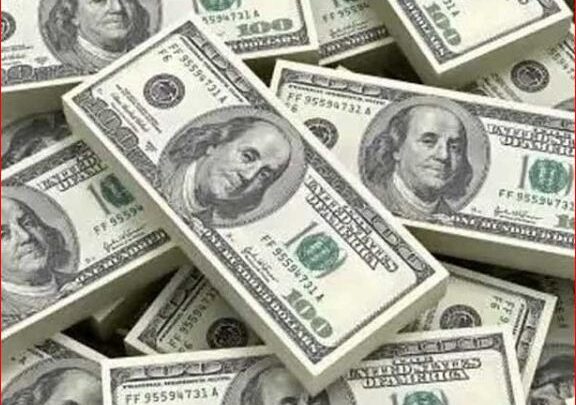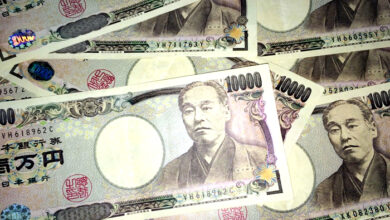As the dollar goes up, investors look at the chance of a recession.

On Wednesday morning in Asia, the dollar was up because investors were thinking about the possibility that interest rate hikes by major central banks could cause a recession.
By 1:15 a.m. ET, the U.S. Dollar Index, which compares the dollar to a group of other currencies, had gone up by 0.1%, to 104.51. (0515 GMT).
The USD/JPY exchange rate fell 0.02 percent to 136.10.
The AUD/USD pair stopped moving and stayed at 0.6906. The NZD/USD exchange rate increased 0.18 percent to 0.6252.
The GBP/USD pair increased 0.13 percent to 1.2198, while the USD/CNY pair decreased 0.07 percent to 6.7030.China surprised everyone on Tuesday by cutting the length of quarantine from 14 days to 7 days for travellers coming into the country. The move gave the market more hope that China would switch to a different COVID-19 strategy that could hurt the economy less.
The yield on a 10-year U.S. Treasury bond went down by more than 1 basis point and is now around 3.17 percent.
The euro went down 0.07 percent to 1.0511 after Christine Lagarde, the head of the European Central Bank (ECB), didn’t say anything new about how the ECB plans to raise interest rates. The ECB is likely to raise interest rates in July for the first time in ten years. This will be done to stop inflation from going up too fast.
Lagarde and Jerome Powell, who is the head of the U.S. Federal Reserve, will both speak on a panel at the forum later in the day.
Investors are still worried about inflation because U.S. consumer confidence fell to its lowest level in 16 months in June. This was because high inflation made consumers worry about a slowing economy.
In a client note, Westpac strategists wrote that the broader medium-term uptrend is likely to last for a while, referring to the dollar index, which they see staying in a range of 101 to 105 for now.
“The DXY is not likely to reach its peak until the Fed’s front-loaded tightening cycle is nearing its end,” the note said.
John Williams, president of the New York Fed, and Mary Daly, president of the San Francisco Fed, both said that they needed to slow inflation, but they insisted that a soft landing was still possible.
On Thursday, China’s purchasing managers index will be released in the Asia-Pacific region.





